Losing your baby is earth-shattering.
A destructive quake in your heart and your whole being that changes the landscape of your life.
Stillbirth hurts in hundreds of ways. It’s disorienting. It knocks you down. And for a while, it keeps you there.
Please know that you are not alone.
It makes sense that you want to understand this. To heal a pain that feels like it may never go away.
Something deeply precious is lost.
You need help to get through it. Some tools, advice, or people to lean on.
It makes sense to want to find a way to cope, to navigate the barren landscape caused by loss of your beautiful child.
Take time to recognize and feel what you feel.
You may be feeling more than you expected right now. More than loss. More than disappointment. Though those emotions are often overwhelming too.
What other feelings may creep up?
- Grief. You expected to be sad. But the grief you feel may go much deeper. You may long for the person you knew intimately, but only in your own heart and body and imagination of your future together. The loss is very real to you, your child is very real to you, but others may not be able to grasp the depth of your grief. You need to grieve your baby’s stillbirth your own way.
- Guilt. You may be wrestling with the persistent thought that this is somehow your fault. Many women who suffer a stillbirth feel like they should have known something, or feel judged for not knowing that their child was in danger. Stillbirth is an unexpected sorrow, not a thing to be ashamed of.
- Anger. You may be really, really mad. At the dashed hopes, at the health care providers, at your partner, at yourself. You may want someone to blame or someone to pay. Maybe you feel that no one gets it and you want to pull away from everyone. It’s natural to feel upset by loved ones who are uncomfortable and stay away, or friends who have their new babies to love.
- Anxiety. You may worry about the road ahead. Will this happen again? Can you bear to try again? Your partner’s feelings for or against may weigh heavily on you.
- Confusion. Why you? How could this have possibly happened at a moment expected to bring such joy?
Find your supporters and let them help you.
If you can’t do anything else, reach out. Encourage your partner to do the same.
Try to be honest and vulnerable with at least one person you trust.
Share how tired, sad, and angry you are. Express how much you need to be supported. Support helps prevent unhelpful thinking or rumination that could lead to isolation and depression.
Don’t hide or try to “get over it” without strong shoulders to lean on. There are support groups of others who understand. Find a compassionate therapist trained to help you heal.
Reflect and honor your experience.
Finding ways to intentionally process the stillbirth in meaningful ways may help alleviate feelings of helplessness and guilt. Try these strategies:
♥ Talk about your baby, acknowledge him or her and what he or she meant to your family. Allow your child and your experience to exist fully so you can heal fully.
♥ Creative expression may be a beneficial outlet. Find release in a journal or blog. Try art or music if you enjoy them. Even an online discussion forum could prove helpful.
♥ Memorialize your child in whatever ways feel right and appropriate to you.
Hopefully, these tools and advice will begin the healing process. You may also need more time with a counselor or therapist who can help you until you can navigate the loss on your own.
Either way, be patient with yourself. Be kind to yourself.
You will never forget your child. Or your experience.
Honor them both by taking time to begin healing your heart.
For more information on Infertility and Prenatal Loss Counseling click here.


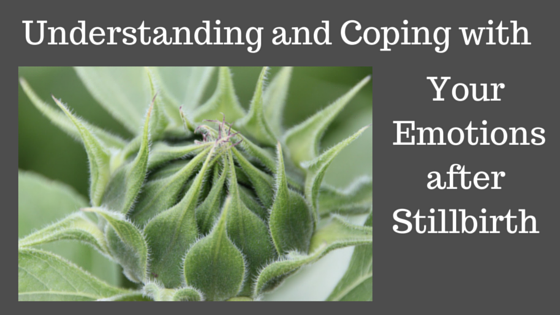

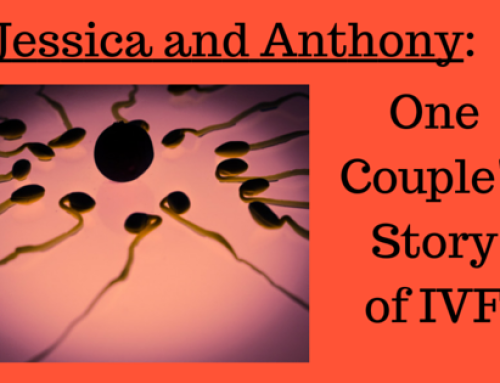
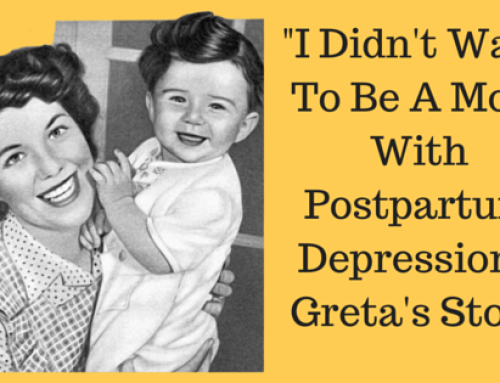
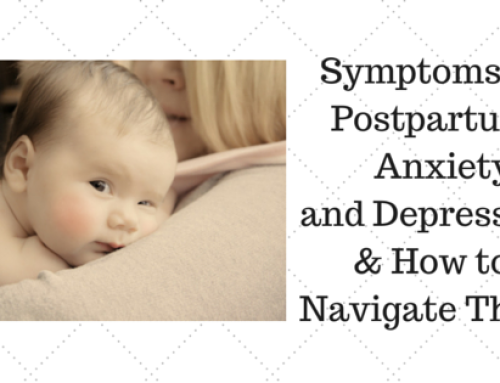
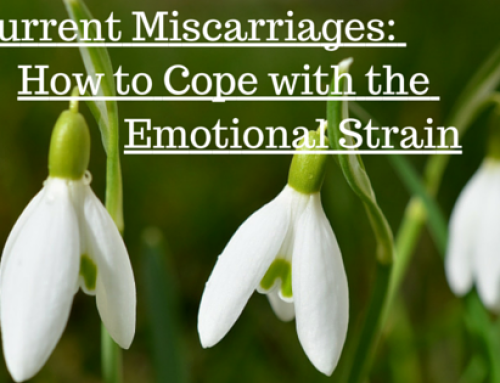
Leave A Comment